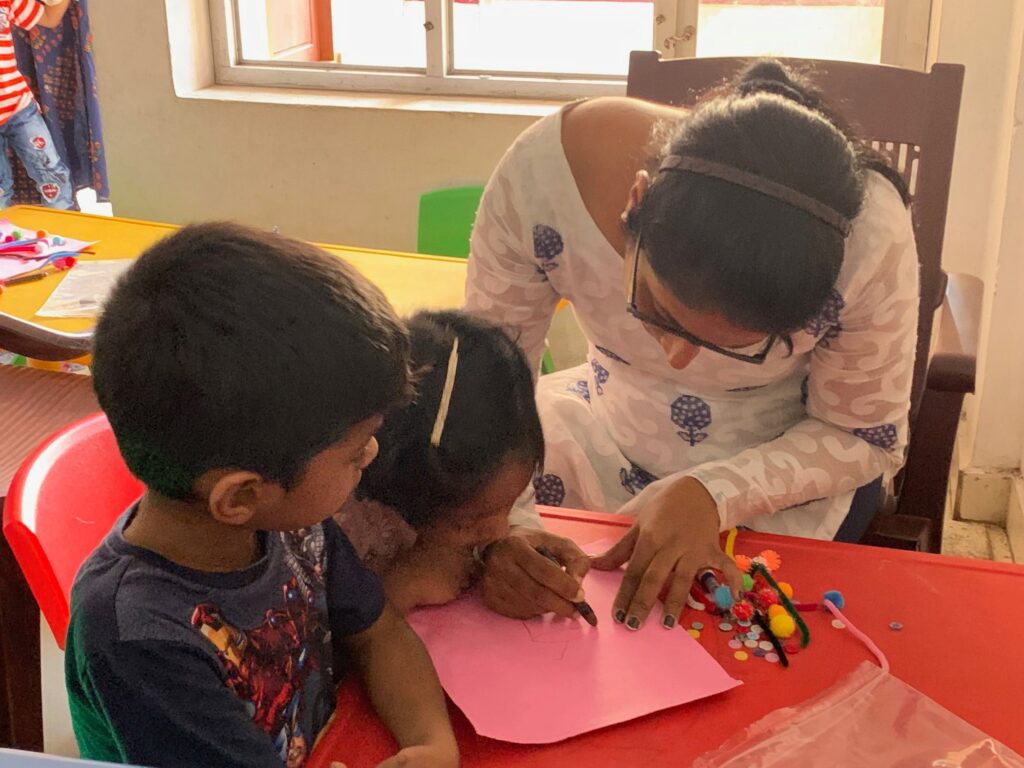Therapy Approaches for Improving Children’s Mental Health

Introduction:
Childhood mental, emotional, and behavioral disorders can have long-term impacts on the well-being of children, families, and communities. Early intervention and appropriate therapy are crucial in reducing problems at home, school, and social settings, while promoting healthy development into adulthood. This article provides an overview of therapy approaches for children’s mental health and discusses the effectiveness of different types of therapy for specific mental disorders.
Overview of Therapy:
Psychological therapy aims to treat mental health conditions and help children manage their symptoms, enabling them to function effectively in various domains of life. Depending on the age and needs of the child, therapy may involve working with parents, the child alone, or other important individuals in their life. Therapy can encompass various techniques, including talk therapy, play therapy, and activity-based interventions. Individual or group therapy, or a combination of both, can be utilized to achieve the best outcomes.
Effectiveness of Therapy for Mental Disorders in Children:
While there is limited information about the best therapy for specific childhood mental disorders, certain approaches have shown promise for common conditions. Behavior therapy and cognitive-behavior therapy have been found to be effective in reducing symptoms of ADHD, behavior disorders, anxiety, and depression. However, the following therapy types have demonstrated efficacy for specific disorders:
- Parent training in behavior management: Effective for ADHD and disruptive behavior disorders.
- Child behavior therapy: Effective for ADHD and disruptive behavior disorders.
- Cognitive-behavior therapy: Effective for disruptive behavior disorder, depression, anxiety, and PTSD.
Additional Therapies for Adolescents:
In the case of adolescents, other therapy approaches have shown potential effectiveness:
- Family therapy: Effective for disruptive behavior disorder, focusing on improving communication and conflict resolution skills within the family.
- Interpersonal psychotherapy: Effective for adolescents with depression, helping them develop strategies to handle relationship problems.
It is worth noting that some therapy approaches have not been extensively studied, and the optimal therapy for each specific family and individual is still being explored.
Finding the Right Therapy for Your Child:
To identify the most suitable therapy for your child, it is essential to consult their healthcare provider. The healthcare provider may conduct a comprehensive evaluation of your child’s mental health and consider any underlying health problems that could be contributing to behavioral or emotional symptoms. This evaluation helps determine the most appropriate type of therapy for your child’s specific needs.
Conclusion:
Therapy plays a vital role in improving children’s mental health and addressing their mental, emotional, and behavioral challenges. While behavior therapy and cognitive-behavior therapy have shown overall effectiveness, specific therapy types can be more beneficial for certain mental disorders. Collaborating with healthcare professionals will ensure that your child receives the most suitable therapy to support their mental well-being and overall development.
